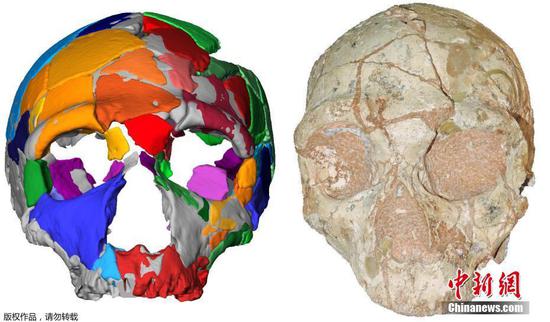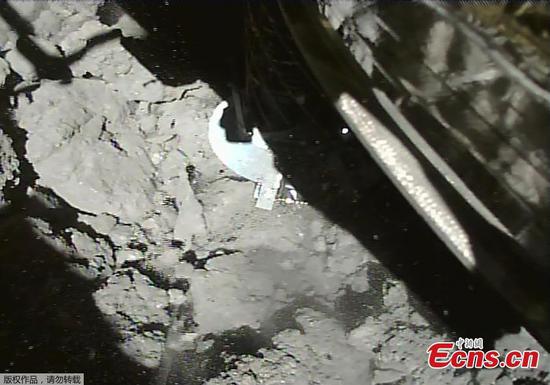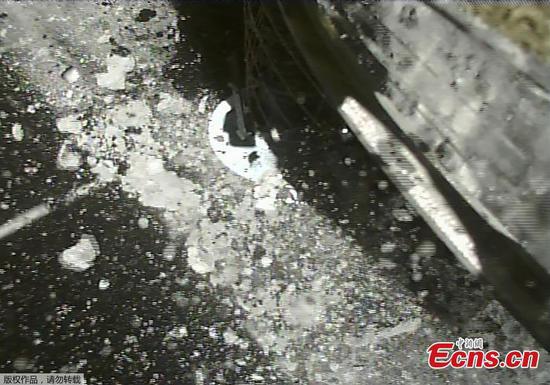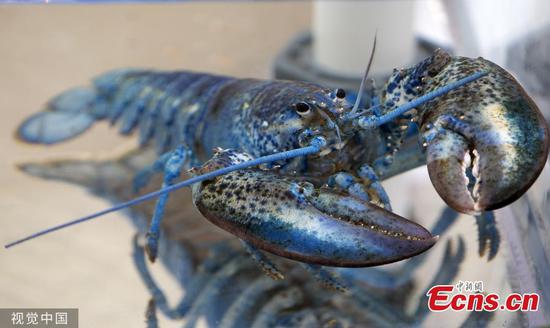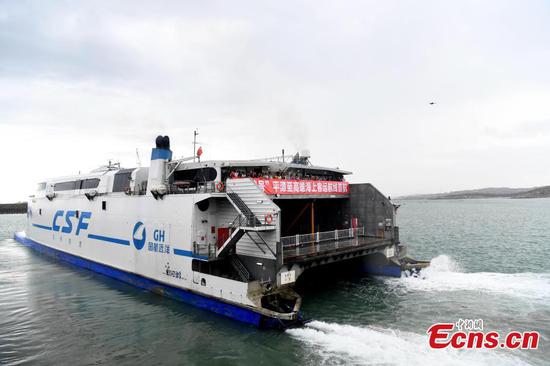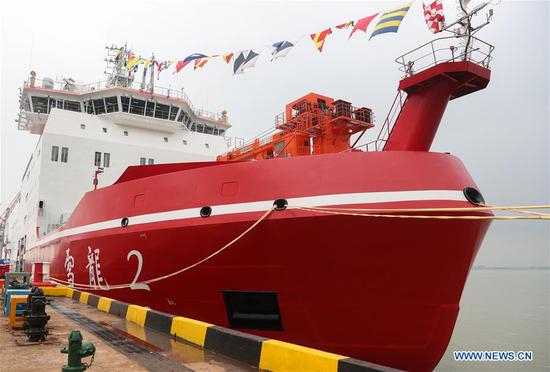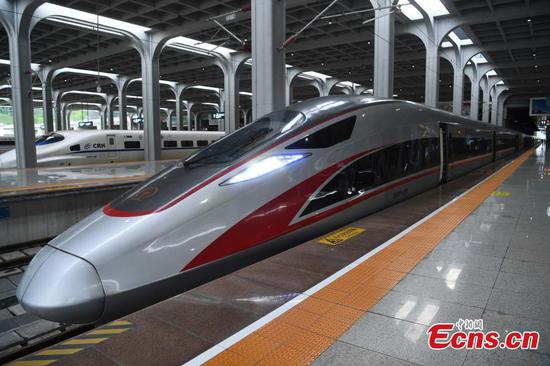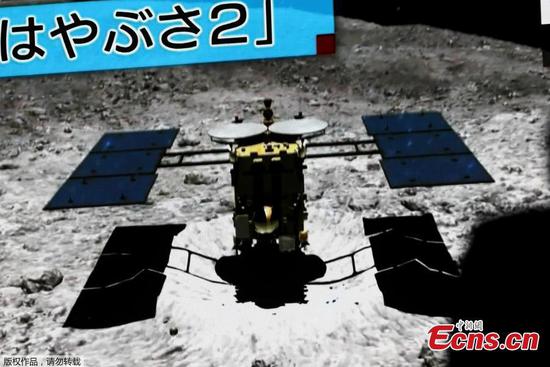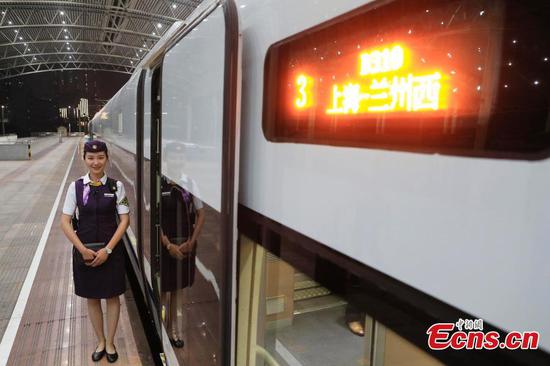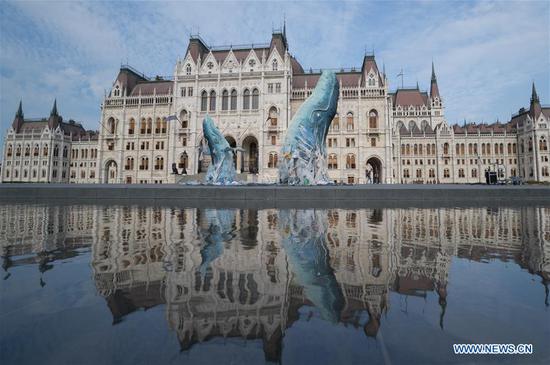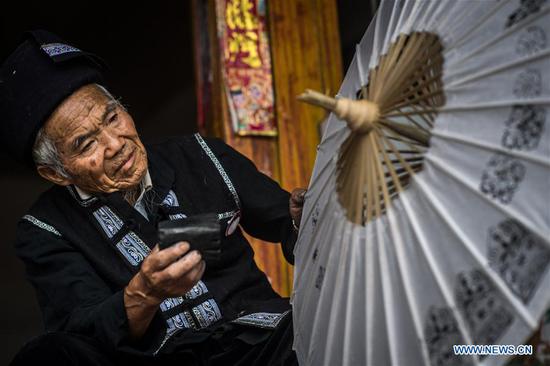Planned deal worth around $2.2 billion seriously violates international law
China said on Friday it will place sanctions on U.S. companies involved in the latest planned military sale to Taiwan, which it said has impaired its sovereignty and national security.
The planned sale worth an estimated $2.2 billion seriously violates international law and basic norms of international relations, as well as the one-China principle and the stipulations of the three China-U.S. joint communiques, said Foreign Ministry spokesman Geng Shuang in a statement.
China made the sanctions decision in order to safeguard its national interests, Geng said.
In a news conference in Beijing, Geng again urged the United States to call off the sale and cut military ties with Taiwan.
The U.S. announced its State Department has approved the sale, the largest since U.S. President Donald Trump took office in January 2017. The announcement came just days before the arrival of Taiwan leader Tsai Ing-wen to the U.S..
Tsai arrived in the U.S. on Thursday, Reuters reported, and is spending four nights in the U.S.-two on the first leg and two on the way back from a visit to four Caribbean countries.
State Councilor and Foreign Minister Wang Yi said China is "gravely concerned" by Tsai's transiting the U.S., and is firmly against any form of official contact between the U.S. and Taiwan.
"Taiwan independence" separatist activities are doomed to fail, and no foreign intervention is allowed in the Taiwan question, which is purely China's domestic affair, Wang said in a joint news conference in Budapest with Hungarian Foreign Minister Peter Szijjarto on Friday.
"No one and no force is able to obstruct the historical process of unification of the two sides across the Taiwan Straits," Wang said, urging the U.S. to honor its one-China promise and the stipulations of the three China-U.S. joint communiques.
The U.S. must handle Taiwan-related issues correctly and not repeat its mistakes or even "play with fire" over the issues, Wang said, warning it against attempts to create new trouble for Sino-U.S. ties.
Ma Xiaoguang, spokesman for the State Council Taiwan Affairs Office, said the transit is an attempt by Tsai and the Democratic Progressive Party to use foreign forces to challenge the one-China principle and disrupt cross-Straits peace and stability for political purposes.
No forces should underestimate China's determination and ability to safeguard its national sovereignty and territorial integrity, Ma said in a news release.
The Democratic Progressive Party has ignored the safety and wellbeing of the people of Taiwan and has misjudged the situation by courting foreign support and serving as a pawn for foreign intervention in China's domestic affairs, Ma said.










